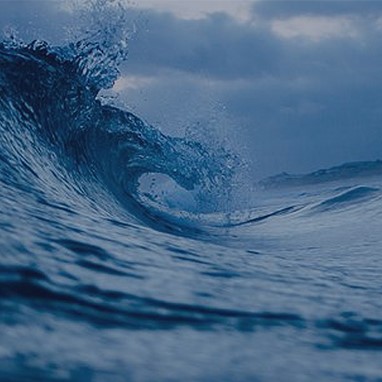Viewpoint
The COVID-19 pandemic has had far reaching impacts to economies around the globe. But with so many of these economies reliant on the submarine cable industry for their connectivity, how exactly is the crises reshaping the subsea sphere?
As the backbone of the global digital economy, the submarine cable industry has seen a huge surge in demand for capacity during this time of reduced mobility. But more than just increased capacity requirements, the coronavirus has forced subsea cable companies to rapidly pivot to deal with a host of new challenges, from ensuring staff safety to the financial impact of potential delays.
In Total Telecom’s webinar What is the impact of coronavirus on the subsea cable industry?, we will discuss many of these key challenges, as well as looking to the future to ask how the coronavirus pandemic has redefined the norm for the submarine cable sector.
Major Challenges
From cable upgrades to ensuring COVID-19 safety measures are in place when at sea, the subsea cable industry 2020 has truly tested the industry’s ability to adapt and overcome a number of new challenges.
• “The large increase in demand for capacity on our cable in March and April, together with the urgency of that requirement showed what a “new norm” might look like. Whether that settles back down to previous levels over time is something that only time will be able to tell us, but I do believe that the importance of subsea cables and our ability as an industry to deliver quickly, work cooperatively and provide solutions to problems for customers that appear to be overwhelming has come to the front in the past few months,” said Andy Bax, COO, Seaborn Networks
• “Business and operational continuity have been stressed a lot in past few months. Digital economy relies to great extent on the platforms of connectivity and subsea cables are critical elements here. Resilience is secured through various practises also against crises like pandemics,” said Taneli Vuorinen, EVP, Cinia
• “The biggest challenge to my business has been to keep my vessels operational by ensuring that risks of contamination were minimal for everyone onboard. This pandemic has demonstrated the criticality of subsea cables, it has consequently shown the importance of cable ships that install and repair them, this should not be forgotten,” said Didier Dillard, CEO, Orange Marine
• “2020 will be remembered as the year the mechanics of international trade and cooperation moved from people on aeroplanes and relied on submarine cable networks that underpin it. Keeping networks operationally safe will increasingly be viewed as protecting crucial infrastructure. Enhancing international cooperation will have to become the new norm,” said Keith Schofield, General Manager, International Cable Protection Committee (ICPC)
Learn from an expert panel
Discover how the experts have pivoted to overcome major challenges posed by the coronavirus and get their predictions on the industry post-COVID-19. Join our expert panel including:
• Nigel Bayliff, CEO, Aqua Comms
• Didier Dillard, CEO, Orange Marine
• Andy Bax, COO, Seaborn Networks
• Taneli Vuorinen, EVP, Cinia
• Stuart Blythe, Partner, Baker Botts
• (Moderator) Keith Schofield, General Manager, ICPC
The free webinar will take place on the 2nd of June at 14:00 PM BST. Register now.
















